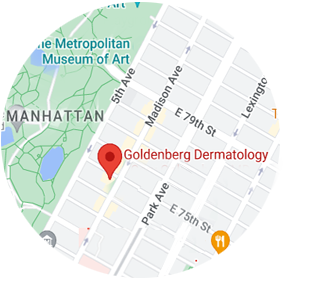What is Rosacea?
People often wonder what exactly rosacea is. The simple answer is: rosacea is a chronic skin condition that appears most often on the face causing the skin to turn red and making it vulnerable to pimples and bumps. However, in certain cases, it can spread to the scalp, eyes and chest and may even make the skin swollen and coarse. This widespread skin condition is chronic and about sixteen million Americans are victims of it. Although it affects all skin types, it is most commonly found in individuals with light skin and affects women more than men.
Unfortunately, there are no permanent cures for rosacea – so, even if it disappears after a treatment, it may resurface at a later time. The good news is that it can be dealt with in several different ways. There are many things which trigger its breakout and different individuals have different reasons that make them likely to develop it.
Rosacea is of different stages and subtypes. Moreover, if left untreated, it can become worse and advance through these stages. The four subtypes are:
- Facial Redness
- Pimples and Bumps
- Thickening of Skin
- Irritated Eyes
Usually, it begins in the first stage as some redness on the face and sometimes causing blood vessels to become visible. In the second stage it evolves into bumps and pimples. After that, the third phase can results in thickened skin, especially around the nose area – in fact, the nose itself may begin to appear bulbous. Lastly, it spreads from that point and begins to cause an irritation in the eyes.
While there are topical creams and ointments available to treat the symptoms of rosacea, the results unfortunately are not always all that fruitful. This is why at Goldenberg Dermatology, Dr. Gary Goldenberg uses the V-Beam Laser and Blue Light therapy to treat rosacea. Both of these are new and innovative methods of treating a wide range of skin conditions, including rosacea.
If you are a victim of rosacea and are considering treatments beyond the typical over-the-counter products, then please schedule a consultation with Dr. Goldenberg at his New York office.












Leave a Reply
Want to join the discussion?Feel free to contribute!